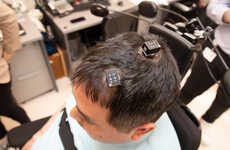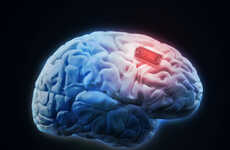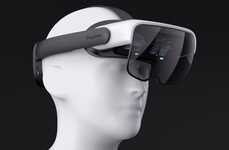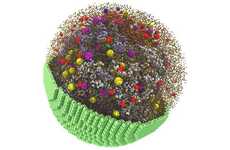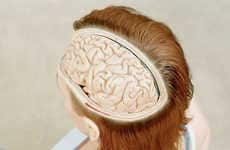
The University of Calgary 'Neurochip' Could Result in an Organic Computer
Meghan Young — August 14, 2010 — Lifestyle
Making leaps and bounds in brain cell monitoring, the University of Calgary 'Neurochip' has been developed in a concerted effort with National Research Council Canada. It is essentially a microchip made out of a network of human brain cells.
Headed by Naweed Syed, the University of Calgary 'Neurochip' allows for the study of large groups of brain cells. Yet the future possibilities with this new technology are endless. As Engadget sees it, "This sort of advance could someday lead to neurochip implants for driving artificial limbs, treatments for strokes and brain trauma, and more."
Headed by Naweed Syed, the University of Calgary 'Neurochip' allows for the study of large groups of brain cells. Yet the future possibilities with this new technology are endless. As Engadget sees it, "This sort of advance could someday lead to neurochip implants for driving artificial limbs, treatments for strokes and brain trauma, and more."
Trend Themes
1. Brain Cell Monitoring - The development of the University of Calgary 'Neurochip' allows for the study of large groups of brain cells, opening up opportunities in brain research and neuroscience.
2. Neurochip Implants - The advancement of the 'Neurochip' technology could potentially lead to the development of neurochip implants for various applications such as controlling artificial limbs or providing treatments for strokes and brain trauma.
3. Organic Computing - The creation of a microchip made out of human brain cells suggests the potential for organic computing, where engineered organic materials are used to create computational systems.
Industry Implications
1. Healthcare - The healthcare industry can leverage the 'Neurochip' technology to advance brain research, neurological treatments and the development of neurochip implants.
2. Neuroscience - The field of neuroscience can benefit from the 'Neurochip' by enabling the study of large groups of brain cells and gaining deeper insights into brain functions and disorders.
3. Biotechnology - The development of a microchip made of human brain cells showcases the potential of biotechnology to create innovative solutions in the field of computing and brain-machine interfaces.
1.3
Score
Popularity
Activity
Freshness

